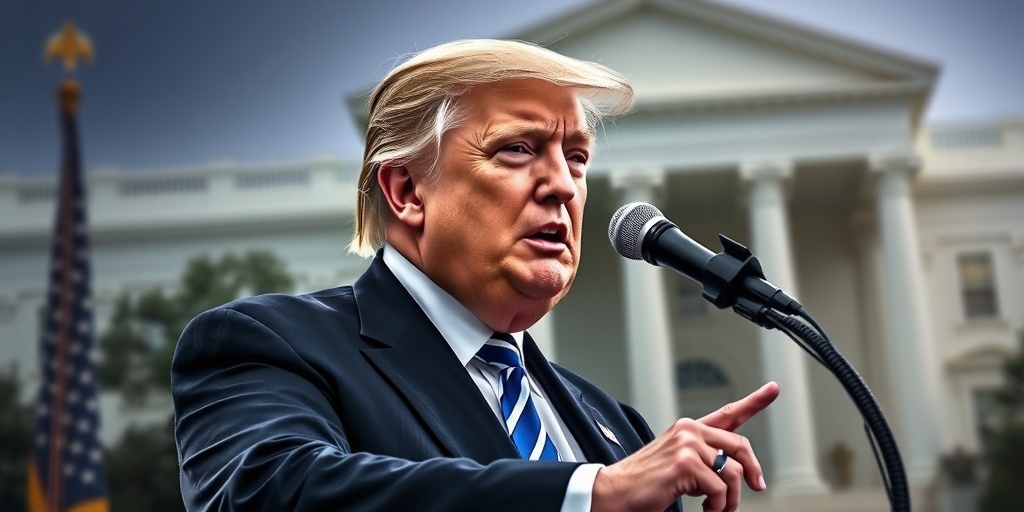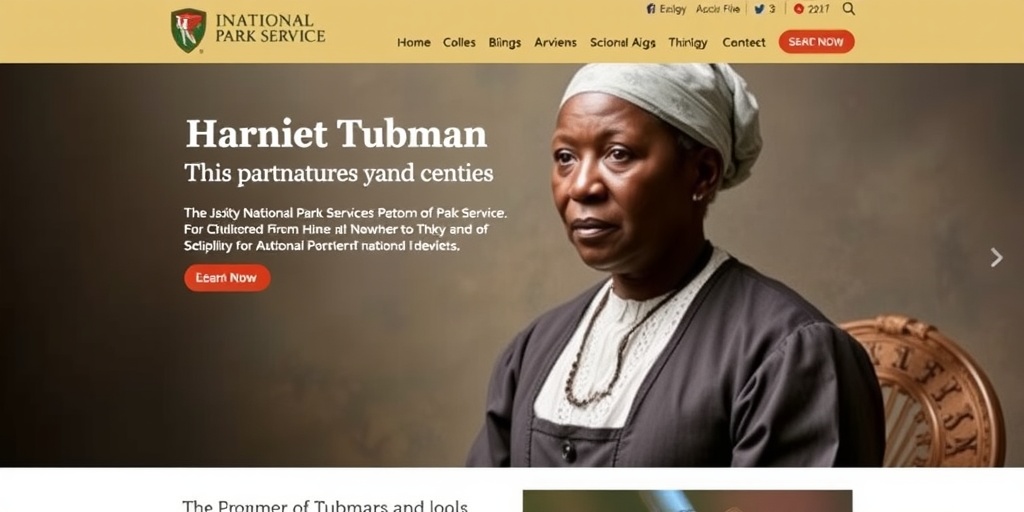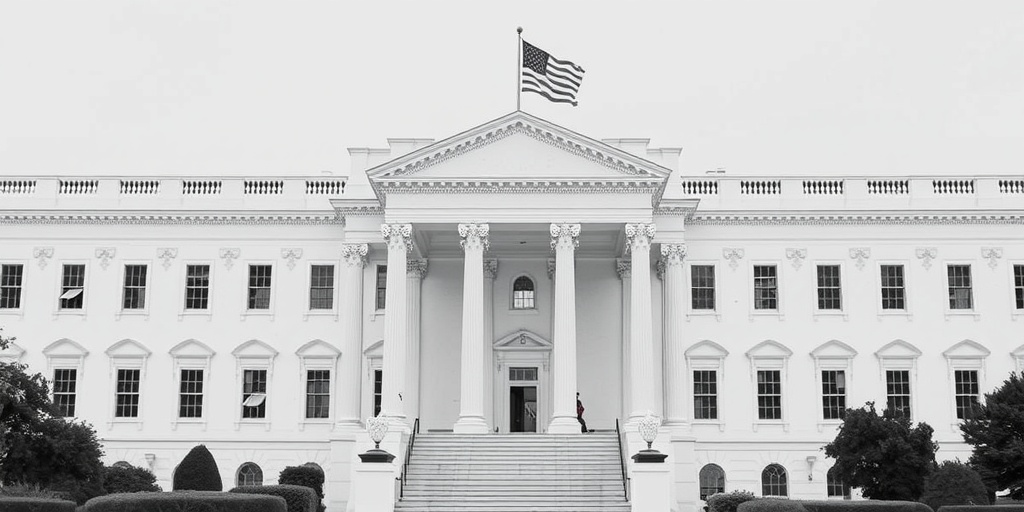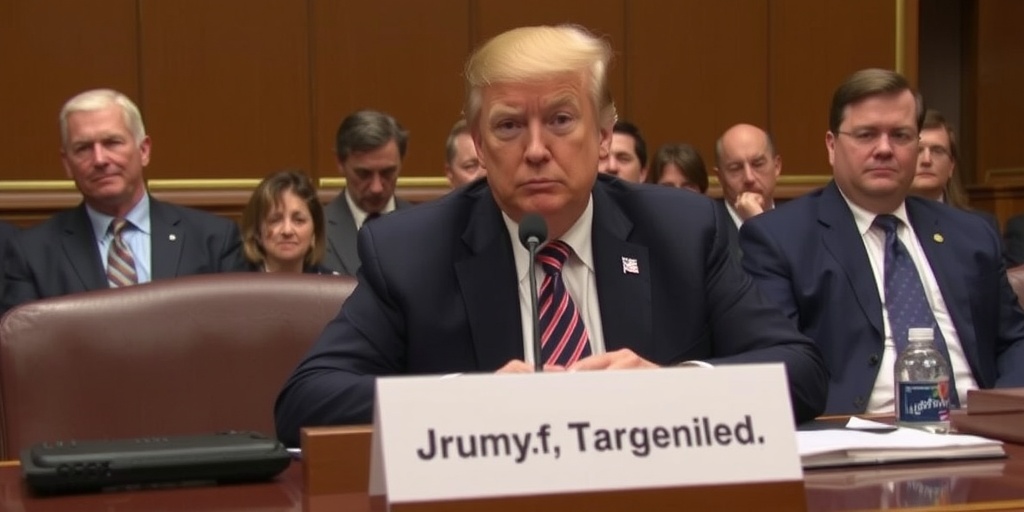Now Reading: Judge Backs AP in Battle for Trump Access
-
01
Judge Backs AP in Battle for Trump Access
Judge Backs AP in Battle for Trump Access

A federal judge in Washington, D.C., has issued a ruling that supports The Associated Press (AP) in its ongoing battle against the Trump administration’s attempts to limit media access to the president. The judge determined that the White House’s effort to exclude the AP from routine coverage opportunities represented a form of political retaliation. This ruling is significant, as it marks a continued push against the administration’s attempts to control the narrative surrounding its actions and policies.
Judge Trevor N. McFadden, serving on the Federal District Court for the District of Columbia, stated in his opinion that the Trump administration must “immediately rescind their viewpoint-based denial” that barred The Associated Press from participating in the White House press corps. This decision comes after a February lawsuit filed by the AP, requesting the reinstatement of its access to smaller press events at the White House. The judge emphasized the importance of providing The Associated Press a fair opportunity to report, stating, “All the AP wants, and all it gets, is a level playing field.”
The ruling represents a significant blow to Donald Trump, who has been known to depart from historical norms by exerting control over media access to the White House. The administration’s tactics raised important concerns regarding the independence of the press and the implications of the president’s efforts to influence how he and his policies are portrayed in the media.
Following the lawsuit, the Trump administration had taken steps to exclude The Associated Press from participating in the rotating press pool—a system that allows a select group of journalists to cover the president’s daily activities. Specifically, the AP was blocked from attending significant events, including interviews in the Oval Office and onboard Air Force One. This restricted access was reportedly justified by citing the AP’s refusal to adopt the administration’s renamed designation of the Gulf of Mexico as the Gulf of America.
The core issue at the heart of the judge’s ruling is whether the White House’s actions constituted a suppression of the AP’s rights to free speech and whether they represented a form of discrimination based on viewpoint. The Associated Press, as one of the world’s leading wire services, plays a crucial role in distributing articles, photographs, and videos to an extensive network of over 3,000 U.S. news outlets and approximately 900 international media organizations.
In response to the ruling, the White House defended its policy changes, asserting that its intention was not to discriminate against The Associated Press. Press Secretary Karoline Leavitt stated that the administration aimed to narrow the group of journalists attending smaller events in the West Wing and traveling aboard Air Force One, with the rationale of also increasing access to smaller digital publications alongside traditional media outlets, which have long held dominant positions in the press corps.
Nevertheless, the Associated Press, in its legal complaint, maintained that it had been unfairly singled out for retaliation due to its refusal to recognize the administration’s rebranding of the Gulf of Mexico. The wire service’s legal representatives argued that the White House had essentially taken control of the press pool rotation, which was typically curated by the White House Correspondents’ Association, leading to systematic discrimination against certain media outlets based on their editorial viewpoints.
The implications of this ruling extend beyond just The Associated Press. It raises fundamental questions about the balance of power between the government and the press, particularly regarding the right to a free press, which is essential to a functioning democracy. The judge’s decision reinforces the idea that media outlets must be allowed to maintain access to the president and other government officials without partisan discrimination, ensuring that diverse viewpoints are represented in coverage of governmental activities.
As the tension between the Trump administration and journalists continues, this ruling from Judge McFadden may serve as a precedent for future cases involving media access and the treatment of news organizations by the government. The decision is a reminder of the vital role that independent journalism plays in a democratic society, and it underscores the importance of protecting that freedom in the face of efforts to limit or control it. The Associated Press has expressed its commitment to serving its mission of reporting fairly and accurately, and this ruling represents a victory not only for the wire service but for the principles of a free press overall.
Stay Informed With the Latest & Most Important News
Previous Post
Next Post
-
 01New technology breakthrough has everyone talking right now
01New technology breakthrough has everyone talking right now -
 02Unbelievable life hack everyone needs to try today
02Unbelievable life hack everyone needs to try today -
 03Fascinating discovery found buried deep beneath the ocean
03Fascinating discovery found buried deep beneath the ocean -
 04Man invents genius device that solves everyday problems
04Man invents genius device that solves everyday problems -
 05Shocking discovery that changes what we know forever
05Shocking discovery that changes what we know forever -
 06Internet goes wild over celebrity’s unexpected fashion choice
06Internet goes wild over celebrity’s unexpected fashion choice -
 07Rare animal sighting stuns scientists and wildlife lovers
07Rare animal sighting stuns scientists and wildlife lovers





















